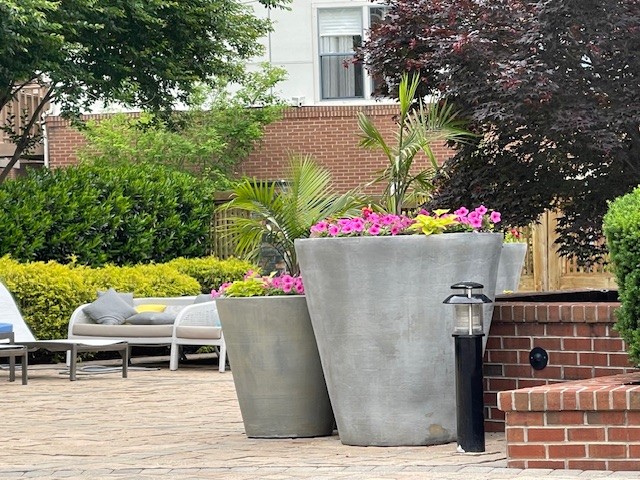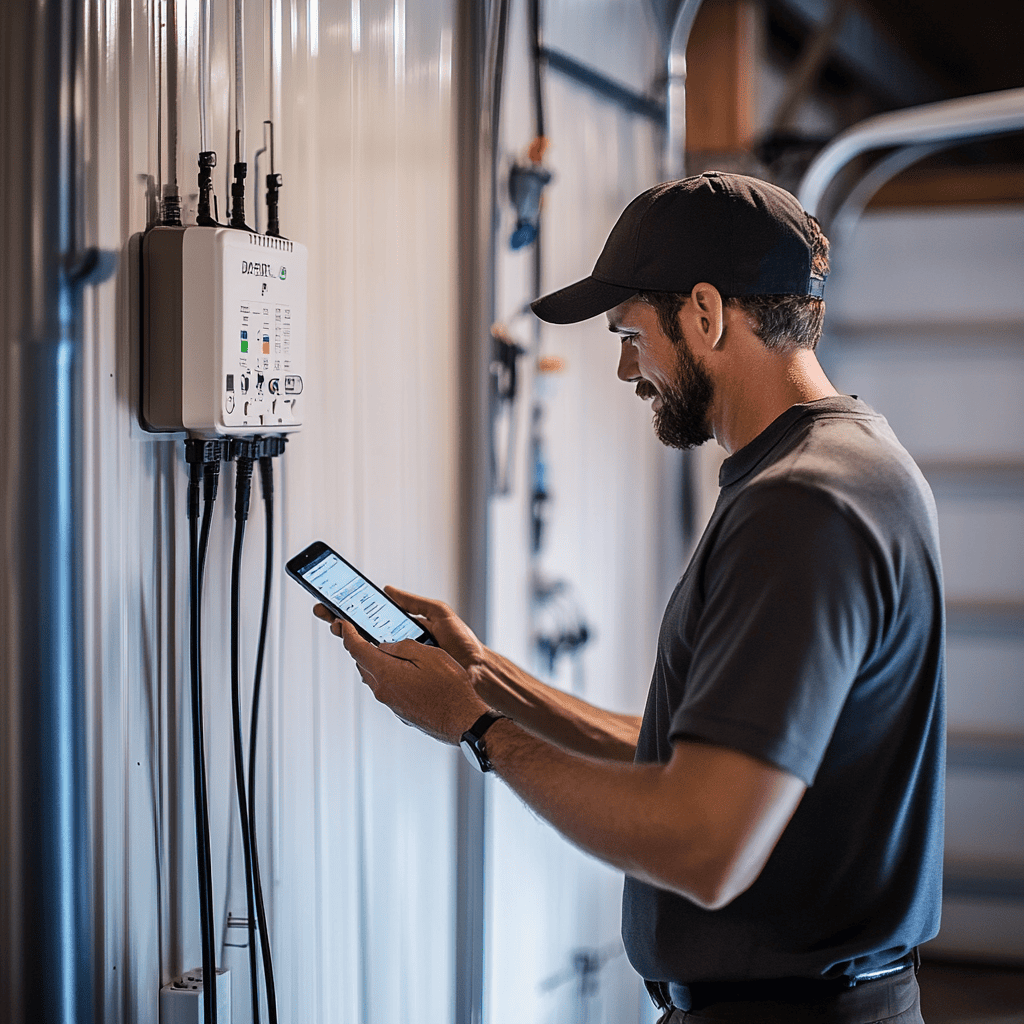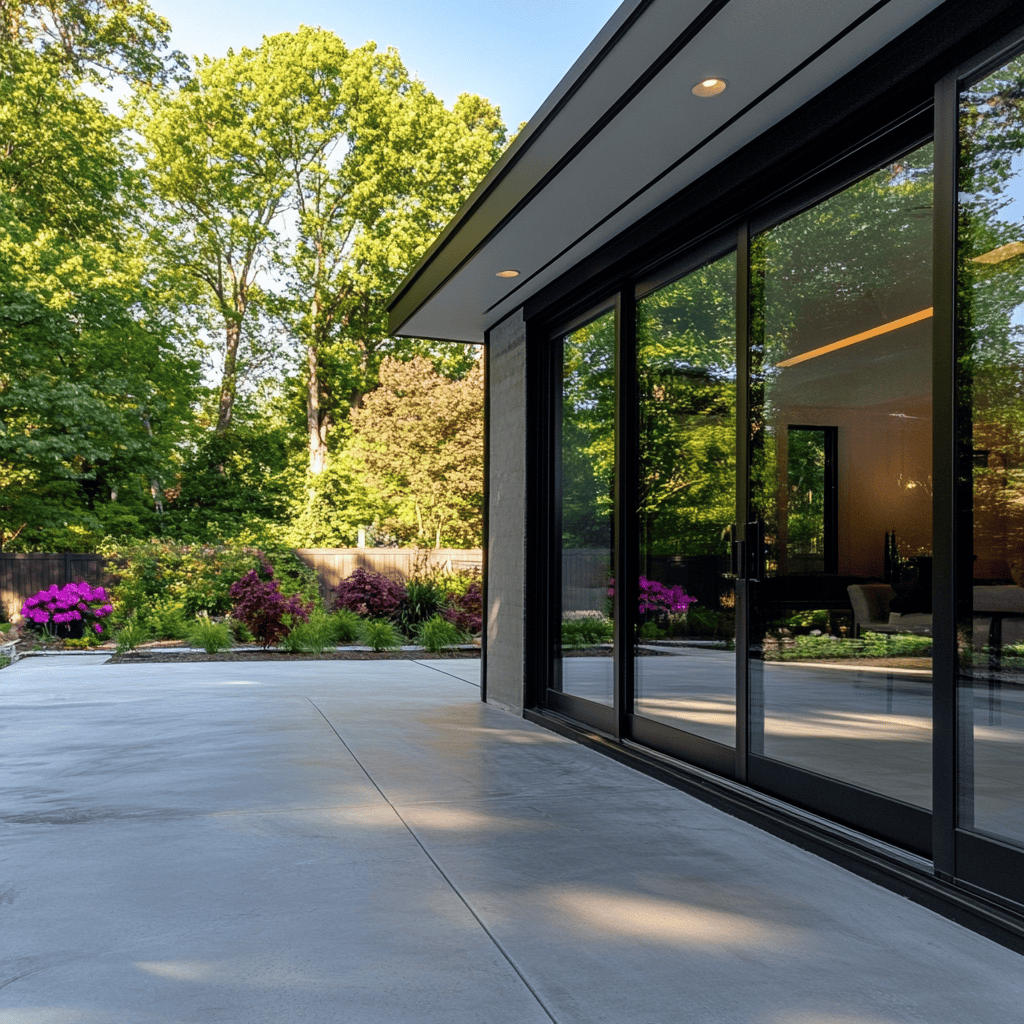At WC Landscape, we understand that your outdoor space should be a private retreat where you can relax and enjoy your property without concerns about neighboring views or street visibility. Our privacy landscaping design services in Centreville, VA, combine strategic plant placement, natural screening techniques, and aesthetic design principles to create beautiful barriers that enhance both your home's privacy and curb appeal. With over 40 years of combined experience and deep knowledge of Northern Virginia's growing conditions, we design custom privacy solutions using evergreen screens, deciduous plantings, layered garden designs, and integrated hardscape elements that provide year-round seclusion while complementing your property's architectural style and existing landscape features.



Creating effective privacy landscaping requires careful analysis of your Centreville property's specific needs, sight lines, and environmental conditions. Our design team conducts thorough evaluations to identify areas requiring privacy screening while considering factors such as seasonal changes, mature plant sizes, and maintenance requirements.
Our comprehensive planning process includes:
Evergreen plantings form the backbone of effective year-round privacy screening. Our horticultural experts select evergreen varieties that thrive in Centreville's climate while providing dense, consistent screening throughout all seasons.
The most effective privacy landscaping combines multiple plant layers to create natural-looking screens that provide comprehensive coverage while offering seasonal interest and ecological benefits.
Different areas of your Centreville property may require customized privacy approaches based on specific challenges and objectives.
Our 40+ years of combined experience in Northern Virginia provides deep understanding of Centreville's unique growing conditions, including our clay soils, variable moisture levels, and transitional climate zone challenges. We select privacy screening plants proven successful in our local environment, avoiding species that struggle with our specific conditions.
This local expertise ensures your privacy landscaping investment provides lasting results rather than costly replacement needs. We understand which evergreens maintain density in our climate, which deciduous screens provide the quickest establishment, and how to work with Centreville's challenging clay soils for optimal plant performance.
Privacy landscaping should enhance your overall property design rather than appearing as an obvious afterthought. WC Landscape creates privacy solutions that integrate seamlessly with your existing landscape, architectural style, and outdoor living objectives.
Our integrated approach considers:
Effective privacy screening requires healthy, properly sized plant materials installed with techniques that promote rapid establishment and long-term success. WC Landscape sources premium nursery stock and employs installation practices that maximize your privacy landscaping investment.
Our installation standards include:
Privacy landscaping represents a significant investment in your property's comfort and value. Our maintenance programs protect this investment while ensuring your screening continues to provide effective privacy as plants mature and seasons change.
Maintenance services include:
Centreville's heavy clay soils can challenge privacy plant establishment, particularly for species requiring good drainage. Our design team employs proven strategies for successful privacy landscaping in clay soil conditions:
These approaches ensure your privacy plantings establish successfully and provide long-term screening effectiveness despite challenging soil conditions.
Many Centreville properties have limited space for traditional privacy screening, requiring creative design approaches that maximize screening effectiveness within available areas.
Many Centreville neighborhoods have specific regulations regarding screening materials, heights, and placement. Our design team understands these requirements and creates privacy solutions that provide effective screening while maintaining community compliance.
We're familiar with specific requirements in neighborhoods including:
Our team helps navigate the balance between effective privacy and community compliance, often identifying creative solutions that satisfy both objectives.
Modern privacy landscaping increasingly emphasizes ecological benefits alongside screening effectiveness. We design privacy gardens that support local wildlife while providing effective screening for your Centreville property.
Wildlife-friendly privacy features include:
We begin each privacy landscaping project with detailed evaluation of your Centreville property's specific privacy needs and opportunities:
This thorough assessment ensures our design recommendations address your specific privacy concerns while working with your property's unique conditions.
Based on our comprehensive assessment, we develop detailed privacy landscaping designs tailored to your specific needs:
We present design options with detailed explanations of plant choices, expected performance, and maintenance requirements.
Our experienced installation team implements your privacy design with attention to proper horticultural practices:
Newly installed privacy plantings require specific care during establishment periods. We provide:
We develop customized maintenance programs that ensure your privacy landscaping continues providing effective screening:
Successful privacy landscaping requires understanding the relationship between screening height, density, and viewing angles to create effective visual barriers.
Density Considerations: Effective screening requires 70-80% visual density to create true privacy. This can be achieved through:
Distance and Perspective Planning: The effectiveness of privacy screening varies based on viewing distance and angles:
Privacy landscaping can take various design approaches depending on your aesthetic preferences and property characteristics.
Effective privacy landscaping must account for seasonal changes in plant appearance and screening effectiveness.
Year-Round Screening: Evergreen plantings provide consistent privacy but require consideration of:
Modern privacy landscaping increasingly emphasizes environmental responsibility and long-term sustainability.
Native Plant Integration: Using native species in privacy designs provides:
Water-Efficient Design:
Integrated Pest Management:
Long-Term Sustainability:
Spring activities focus on preparing privacy plantings for active growth while addressing any winter damage and planning enhancement opportunities.
Summer maintenance focuses on supporting plant health during heat stress while managing growth to maintain effective privacy screening.
Fall activities prepare privacy plantings for winter while taking advantage of optimal planting conditions for new installations.
Winter care focuses on protecting privacy investments while planning improvements for the following growing season.
Fast-growing privacy options provide quicker screening results but require careful selection to ensure long-term success and appropriate mature size.
Considerations for Fast-Growing Plants: Fast growth often correlates with shorter lifespans and increased maintenance requirements. Balance quick results with long-term planning, potentially combining fast-growing temporary screening with slower, permanent plantings.
Space requirements for privacy landscaping depend on plant selection, desired screening height, and maintenance preferences.
HOA and Legal Considerations: Many Centreville communities have specific setback requirements from property lines and restrictions on screening heights. Always verify local regulations before planning privacy installations.
Optimal installation timing varies by plant type and local weather conditions, with spring and fall generally providing ideal establishment conditions.
Effective privacy landscaping maintenance requires attention to plant health, growth management, and screening effectiveness.